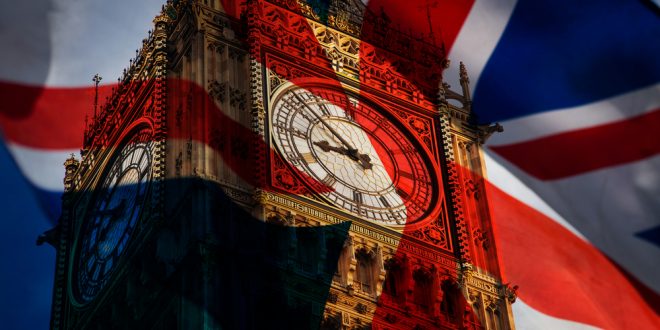UK inflation data for December came in cooler than expected, providing some relief to policymakers at the Bank of England (BoE) ahead of their February meeting. The figures suggest a window for the central bank to consider reducing interest rates, especially as the economy continues to face challenges.
Key Inflation Data Highlights
- Headline Inflation:
- Annual Consumer Price Index (CPI) inflation slowed to 2.5%, down from 2.6% in November and below the anticipated 2.6%.
- Monthly CPI increased 0.3%, a modest rise from November’s 0.1%, though slightly below the expected 0.4%.
- Core Inflation:
- Core CPI, which excludes volatile energy and food prices, rose 0.3% on a monthly basis.
- The annual core CPI fell to 3.2%, from 3.5% in November, signaling a gradual cooling in underlying price pressures.
Implications for the Bank of England
The softer inflation figures provide the BoE with an opportunity to evaluate its monetary policy stance.
- Interest Rate Outlook:
With inflation closer to the BoE’s medium-term target of 2.0%, the Monetary Policy Committee (MPC) may have room to cut rates during its February meeting to support economic growth. - Market Reactions:
- UK government debt yields, which have recently surged to 16-year highs amid fiscal concerns, could stabilize if inflationary pressures continue to ease.
- A prolonged cooling in inflation could also support the pound, which has been under pressure and is near a 14-month low.
Economic Challenges and Fiscal Health
- Chancellor Rachel Reeves’ Fiscal Policy:
Concerns over Britain’s fiscal health remain prominent, as higher inflation and borrowing costs have strained government finances. A sustained decline in inflation could reduce the need for aggressive spending cuts. - Pound Sterling:
A weaker pound, coupled with elevated yields, has increased the cost of financing government debt. Cooling inflation offers some respite, but market sentiment will likely remain cautious.
What to Watch
The BoE’s next MPC meeting in early February will be closely watched for signals on interest rate policy. While inflation data tilts the balance toward potential rate cuts, the decision will also hinge on growth indicators and external factors, including the global economic outlook.
Cooling inflation is a welcome development, but challenges related to fiscal stability and the broader economic environment suggest a cautious path forward for the UK’s central bank.
 Noor Trends News, Technical Analysis, Educational Tools and Recommendations
Noor Trends News, Technical Analysis, Educational Tools and Recommendations





